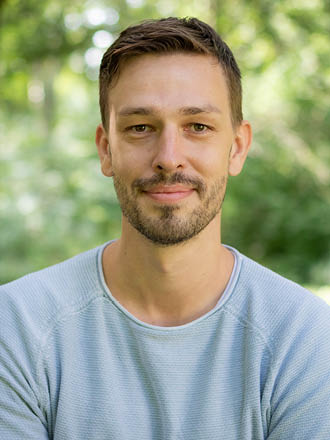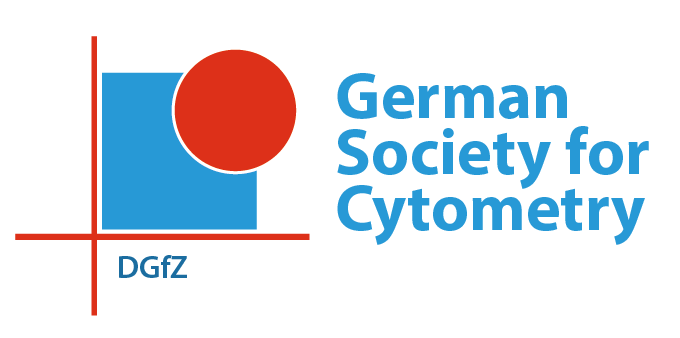Imaging & Cytometry Session
Friday, 13.09.2024, 10:00 am
Chairs: Anja Hauser, Raluca Niesner & Oliver Otto

Fabian Coscia
Max Delbrück Center for Molecular Medicine
Spatial tissue proteomics to assess health and disease
Formalin-fixed and paraffin-embedded (FFPE) tissues represent an invaluable resource for studying molecular mechanisms underlying diseases. The long archival times of FFPE tissue and the fact that proteins are largely stable therein make them ideal analytes for global mass spectrometry-based proteomics approaches for biomarker and drug target discovery. Classical approaches have provided “averaged” descriptions of the disease related proteome and fail to characterize the critical disease promoting cell populations within the complex tissue environment. To address this, we have recently co-developed Deep Visual Proteomics (DVP) for image-guided tissue proteomics. DVP leverages high resolution microscopy and machine learning based image analysis to identify phenotypically distinct cell populations, while preserving the spatial context. Cells of interest are isolated in situ by automated laser microdissection and analyzed by ultrasensitive mass spectrometry. In my presentation, I will provide an overview of our spatial tissue proteomics pipelines, present recent developments to profile few and even single cells and give an outlook on spatial proteo-transcriptomics workflows for the profiling of solid tumors at unprecedented resolution.
Biosketch
Fabian Coscia obtained his PhD at the Max Planck Institute of Biochemistry in Martinsried, Germany, under supervision of Prof Matthias Mann. In his doctoral and later postdoctoral work as Marie Curie fellow at the Novo Nordisk Center for Protein Research (University of Copenhagen), he developed and applied single-cell and spatial tissue proteomics workflows, and pioneered a new discovery proteomics concept termed Deep Visual Proteomics. In June 2021, he joined the Max Delbrück Center for Molecular Medicine in Berlin where he is heading the independent research group Spatial Proteomics. His team conducts translational proteomics studies and works at the interface between high-content imaging, deep learning and ultrasensitive mass spectrometry. More recently, he has been awarded an ERC starting grant to study cellular neighborhoods and their impact on the disease related proteome.

Kerstin Göpfrich
Max Planck Institute for Medical Research
Abstract

Name
Affilliation
Abstract

Name
affiliation
Abstract

Name
Affiliation

